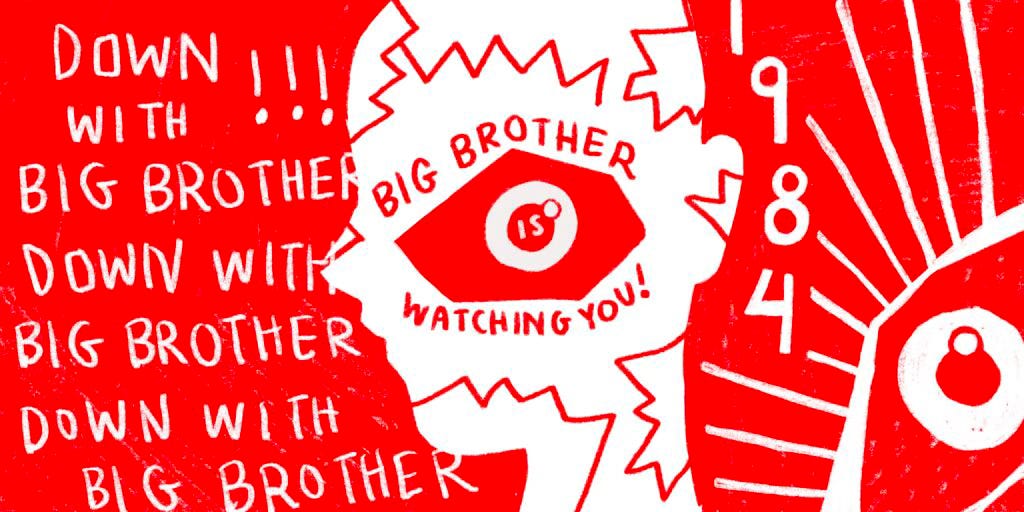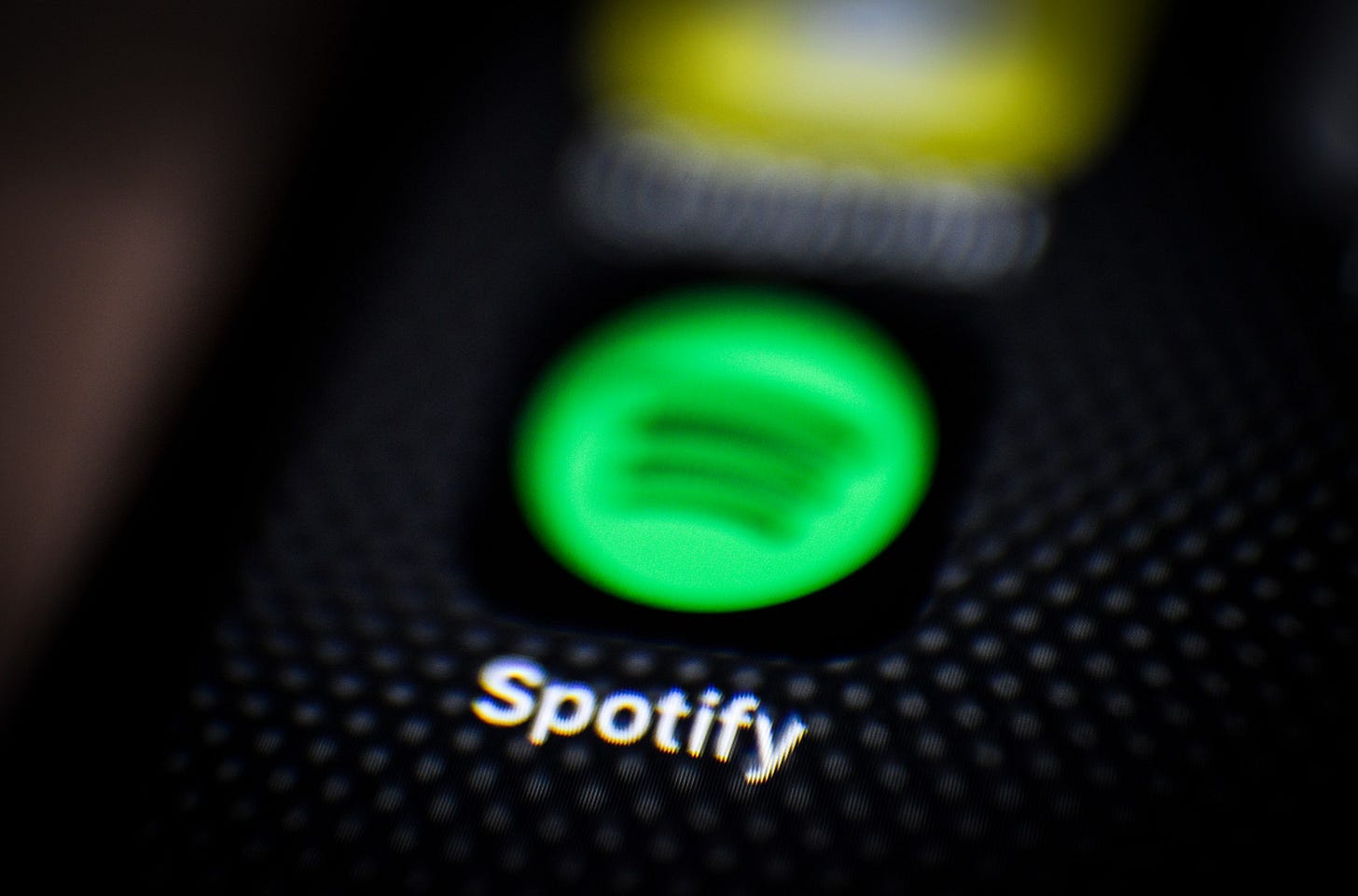1984 in 2024
How does George Orwell's "1984" relate to our current world in 2024?
While many of Orwell's predictions haven't come true, some aspects of the novel resonate with our present reality, such as surveillance technology, information manipulation, and the erosion of privacy.
What are some key differences between Orwell's dystopia and our current society?
Unlike in "1984," our world has a decentralized internet, multiple competing powers instead of superstates, and technology that empowers individuals rather than just governments. Additionally, we have more access to information and entertainment than the novel's characters.
How has technology impacted privacy and information control in our society?
Modern technology has led to increased surveillance and data collection by both governments and corporations. However, it has also given individuals tools to fact-check, communicate globally, and access vast amounts of information, creating a more complex landscape than Orwell envisioned.
Why I quit Spotify
Spoiler: Frustrations with Spotify led to discovering the benefits of bundled streaming services, highlighting the evolving landscape of digital entertainment and consumer choice.
I switched to Music during the pandemic, never looked back. While Spotify does a better job of community features, Apple does a much better job at music curation.
Spotify is the radio. Music is the record store.
Scientists Discover a Cause of Lupus and a Possible Way to Reverse It
What new discovery have scientists made about lupus?
Scientists have identified a molecular defect that promotes the pathologic immune response in lupus, involving insufficient activation of a pathway controlled by the aryl hydrocarbon receptor (AHR).
How might this discovery lead to a potential treatment for lupus?
Researchers found that activating the AHR pathway with small molecule activators or limiting excessive interferon in the blood can reduce the number of disease-causing cells, potentially reversing the disease without broad immunosuppression.







